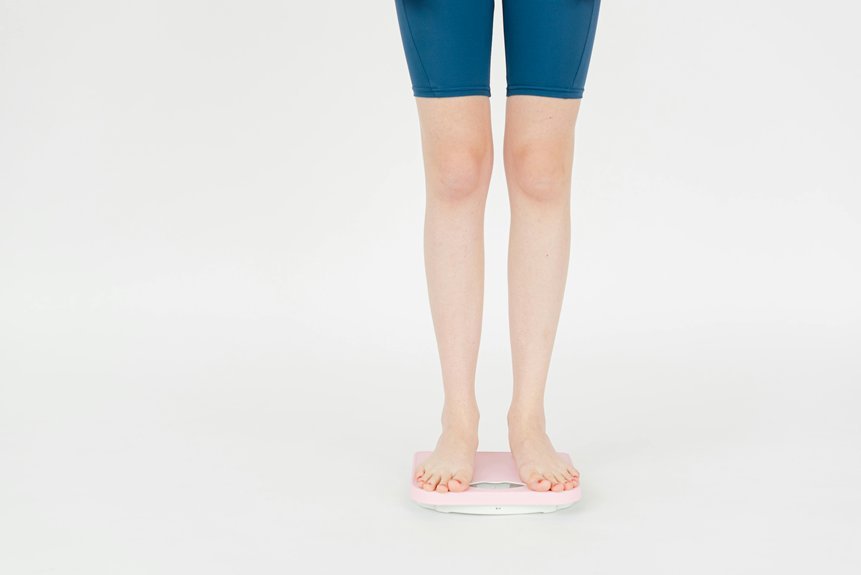
When it comes to tracking your wellness goals, smart scales offer more than just weight measurements. They provide insights into body composition, such as muscle mass and fat percentage, which can help you set personalized targets. However, their accuracy can vary, and an overemphasis on numbers might lead to unhealthy habits. So, is a smart scale really the best option for you? Let's explore the pros and cons before you decide.
The Advantages of Smart Scales
As you embark on your wellness journey, smart scales offer a modern twist to tracking your progress. These devices do more than just measure weight; they provide insights into body composition, including muscle mass, fat percentage, and water retention. This data helps you understand your body better, allowing you to set personalized goals.
Moreover, smart scales sync with your smartphone or fitness apps, enabling seamless tracking and real-time updates. You can easily monitor trends and make adjustments as needed. They often feature user-friendly interfaces, making it simple to interpret your progress.
With many smart scales, you can even set multiple user profiles, so family members can join in on the journey. These advantages make smart scales a valuable tool in your wellness toolkit.
The Limitations of Smart Scales
While smart scales offer valuable insights into your body composition, they do have limitations that can impact their effectiveness.
First, the accuracy of body fat percentage and muscle mass readings can vary significantly. These scales often rely on bioelectrical impedance analysis, which can be influenced by hydration levels, making results inconsistent.
Also, smart scales typically measure only a few metrics, leaving out other important health indicators. You might find that they don't account for factors like bone density or distribution of fat.
Additionally, if you don't have a smartphone or prefer not to sync data, you might miss out on the full benefits.
Lastly, relying solely on these scales can lead to an unhealthy focus on numbers rather than overall wellness.
Traditional Weighing Methods vs. Smart Technology
Traditional weighing methods, like using a standard bathroom scale, have been the go-to for many people for years. You stand on the scale, and it gives you a single number—simple and straightforward.
However, smart technology changes the game. Smart scales not only provide your weight but also track body fat percentage, muscle mass, and even hydration levels. They sync with apps, offering a holistic view of your health trends over time.
While traditional scales are reliable, they don't capture the full picture. If you're serious about your wellness goals, smart technology might be worth considering. It can motivate you and help you adjust your approach based on your body's changing needs.
Ultimately, it's about what works best for you.
Conclusion
In the end, whether a smart scale is better for tracking your wellness goals really depends on your preferences and needs. While smart scales offer detailed insights into body composition and can keep you motivated, their accuracy isn't always guaranteed. If you value comprehensive data and enjoy tech, a smart scale might be for you. However, if you prefer simplicity and focus less on numbers, traditional methods could suit you better. Choose what aligns with your wellness journey!
Trending Products














